One of the most practical books that I have read this week is 脳のパフォーマンスを最大まで引き出す 神・時間術 by a Japanese psychiatrist 樺沢 紫苑. This book talks about how we can manage time from a scientific perspective. Here are some highlights I want to emphasize for you.
The best schedule of the day.
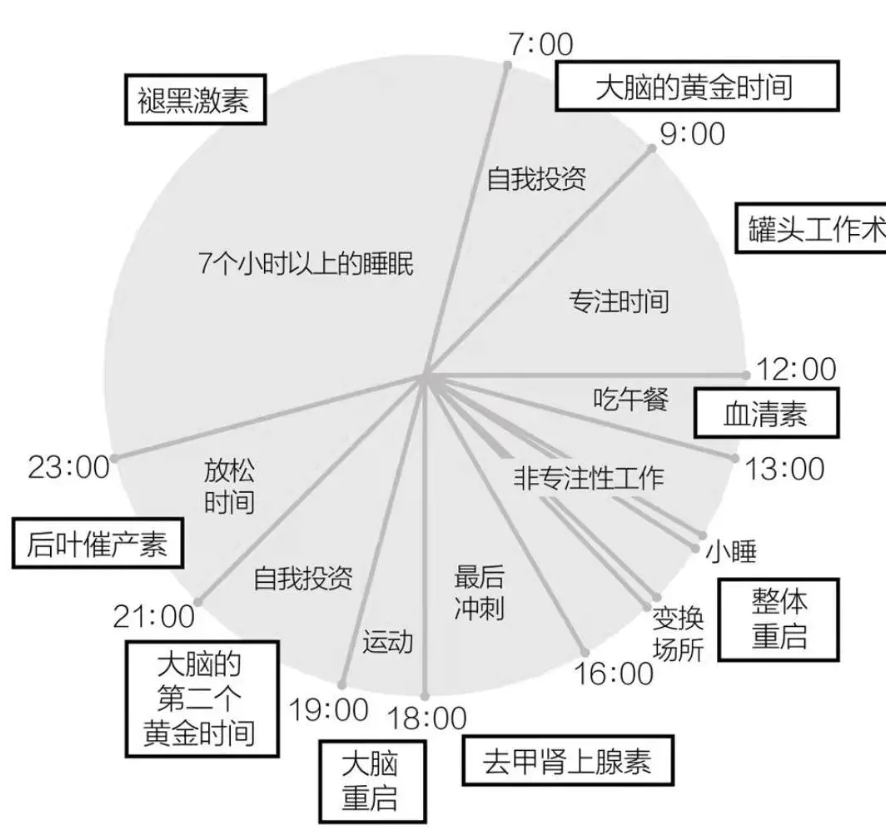
7am-9am is an efficient time.
Sleep without closing the curtains.
Clear your head with a shower and slow breakfast munching.
Make today’s to-do list and highlight the two most significant things.
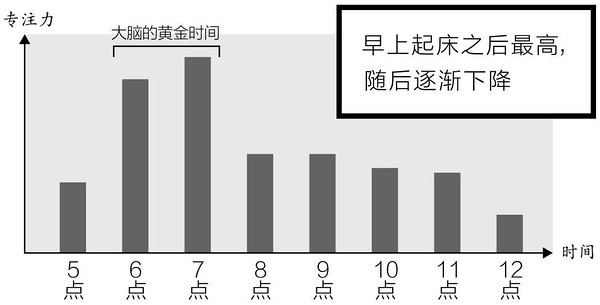
9am-12pm is work time.
- Choose a tomato clock based on the level of focus required for the job.
- Answering emails and exercising can be used during breaks to improve focus.
12pm-1pm is lunch break time.
Stress can be relieved by visiting various restaurants or trying new dishes.
Sleep for 20 or 30 minutes.
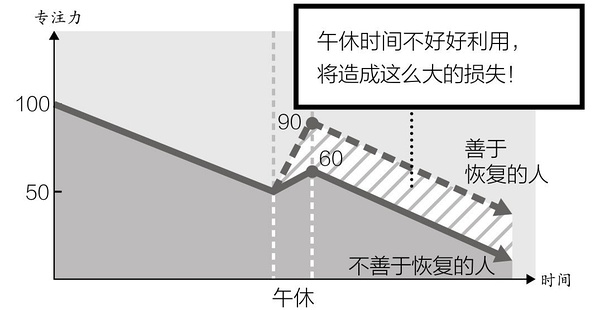
1pm-4pm is an inefficient working time.
- Change the work scene.
- Sleep for a few minutes during the break.
4pm-6pm is sprint time.
- Finish the to-do list before leaving work.
6pm-7pm is sport time.
Exercise and take advantage of fragmented time to read.
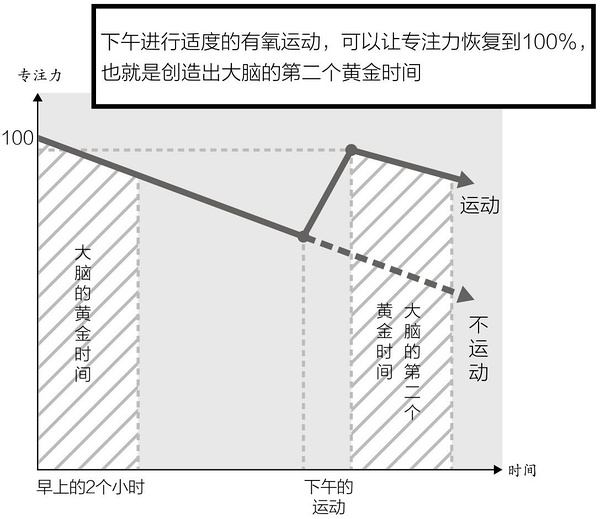
8pm-10pm is a second efficient time or relax time.
Sleep before 11pm and think about the most interesting thing that happened today.
How to relax in relaxation time?
Make a clear distinction between work and home.
- Don’t let stress and exhaustion stay overnight.
- Forget about work when you leave the company.
Communication is the most effective way to relax.
- Enjoy dinner and a movie with your family.
- Watch a competition with friends and have a drink.
Use your non-visual senses.
- Listen to the music.
- Smell the aroma.
- Hot baths, saunas and massages.
- Pet your pet.
- Light exercise.
Before you go to bed, think of an interesting story that happened today.
How to work efficiently
Mute the electronic equipment. Once concentration is interrupted, it takes at least 15 minutes to return to its original state.
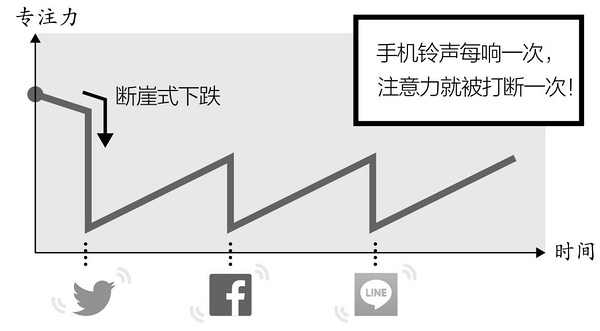
Write down everything that’s on your mind. By accepting that this has already been done, the brain avoids anxiety.
Initial effort and final effort are the two peaks of productivity. You can increase your concentration by taking appropriate breaks from work.
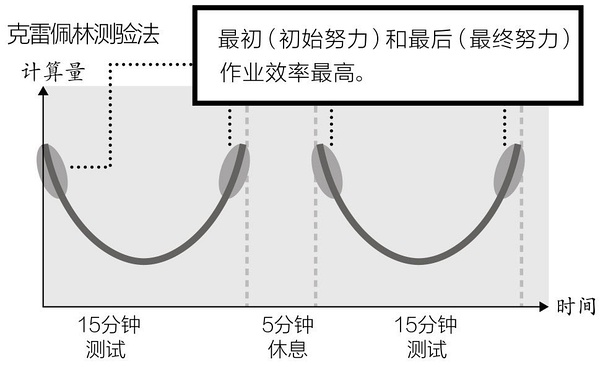
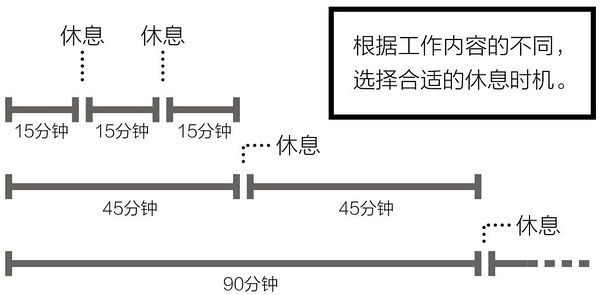
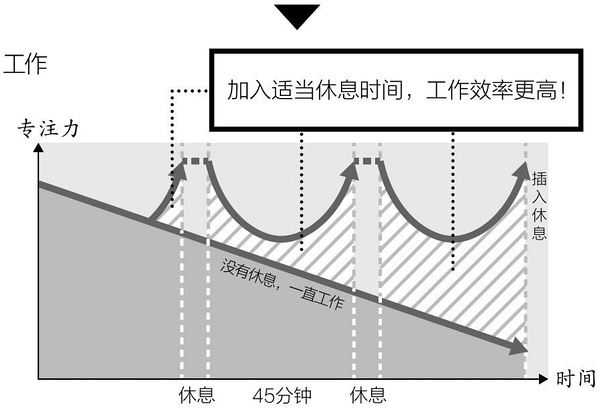
Schedule your evenings with activities that interest you. If we have an upcoming appointment in the evening, we can focus on our work and leave early to meet it.
Make decisions at fragmented times. Such as time to go to the bathroom, time to get from home to the subway station, time to get on the subway and time to get off.
